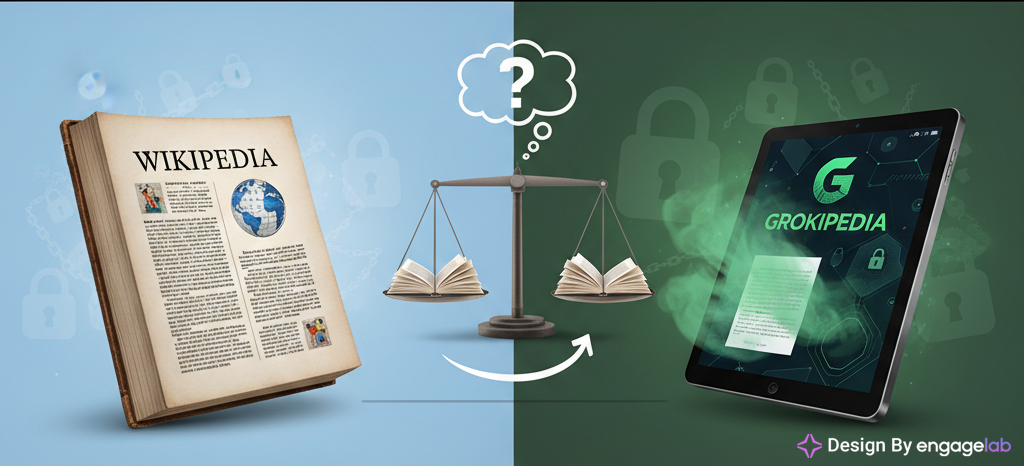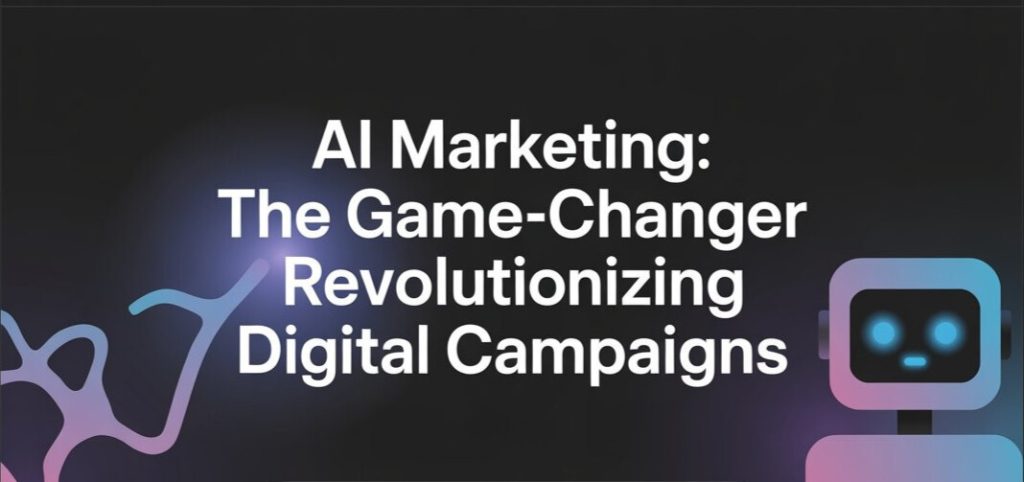
GrokIpedia vs. Wikipedia: Redefining the Digital Encyclopedia Era
GrokIpedia: The digital knowledge space is witnessing a new entrant. Marketed as an AI-powered encyclopedia, GrokIpedia aims to reshape how information is created, processed, and delivered. Unlike traditional knowledge bases built solely on human contributions, GrokIpedia uses artificial intelligence to curate, summarize, and update information in real time. Its promise is efficiency, speed, and accuracy an encyclopedia that never sleeps and constantly learns.
However, as with every technological shift, GrokIpedia’s arrival raises essential questions about transparency, collaboration, and reliability qualities that have defined its long-standing predecessor, Wikipedia.
Wikipedia - The People’s Encyclopedia
For more than two decades, Wikipedia has remained the world’s most trusted open-source encyclopedia. Built on collaboration, it allows anyone to contribute, edit, and verify content. Its open structure has enabled millions of users to share not just facts but also experiences, regional knowledge, and cultural perspectives.
Wikipedia’s transparency lies in its community. Every edit is tracked, every discussion is public, and every contributor leaves a digital footprint. This democratic model has made it one of the few platforms where information evolves through consensus rather than control. While not immune to inaccuracies, Wikipedia’s strength comes from its scale the collective effort of global contributors ensures continuous correction and refinement.
GrokIpedia - The AI Encyclopedia
GrokIpedia, in contrast, represents a new generation of information systems. It leverages generative AI to create and refine content automatically. Instead of thousands of human editors, algorithms assess credibility, summarize sources, and present polished results. The idea is to remove human bias and reduce factual errors.
Yet, this precision comes at a cost. GrokIpedia operates within a closed structure, where the ability to edit or question information is limited. Unlike Wikipedia’s transparent community editing, GrokIpedia relies on internal curation and AI moderation. This means that while content may appear uniform and authoritative, the process behind it is less visible.
Such an approach raises concerns about transparency and influence. If the data or algorithms behind GrokIpedia are biased, information could be subtly altered or filtered to align with specific viewpoints – intentionally or otherwise. AI models learn from existing datasets, and if those datasets contain skewed information, the output can mirror that bias at scale.
The Two Faces of Progress - Opportunities and Challenges
The emergence of GrokIpedia introduces both optimism and caution in equal measure.
Positive Impacts
Speed and Efficiency: AI can process, analyze, and update information faster than human editors ever could.
Accessibility: Content generation in multiple languages and formats can make knowledge more inclusive.
Consistency: AI-driven moderation can reduce misinformation and vandalism, common issues in open platforms.
Negative Impacts
Reduced Transparency: A restricted editing model limits public accountability and fact-checking.
Potential Bias: Algorithms can unintentionally promote selective narratives if training data is skewed.
Loss of Collaboration: The absence of open contribution removes the human diversity that has shaped Wikipedia’s credibility.
In essence, GrokIpedia’s AI-driven efficiency could streamline the encyclopedia model, but it also risks replacing community validation with algorithmic control.
Final Thoughts
The rise of GrokIpedia signals a turning point in how humanity records and accesses knowledge. Wikipedia thrives on openness and collective wisdom; GrokIpedia promises precision and speed through artificial intelligence. Both represent different ideologies one human-centric, the other machine-optimized.
Whether GrokIpedia becomes a trusted successor or a controlled knowledge system will depend on how it handles transparency, accessibility, and accountability in the coming years. What’s certain is that the future of digital encyclopedias will not be defined by technology alone, but by how it balances automation with authenticity.



